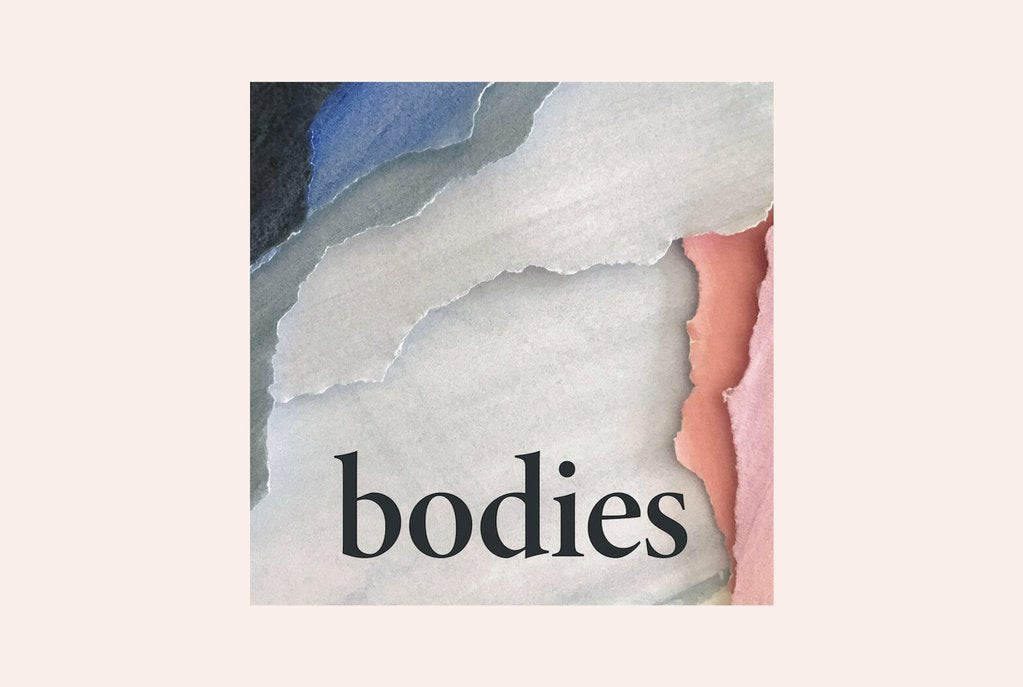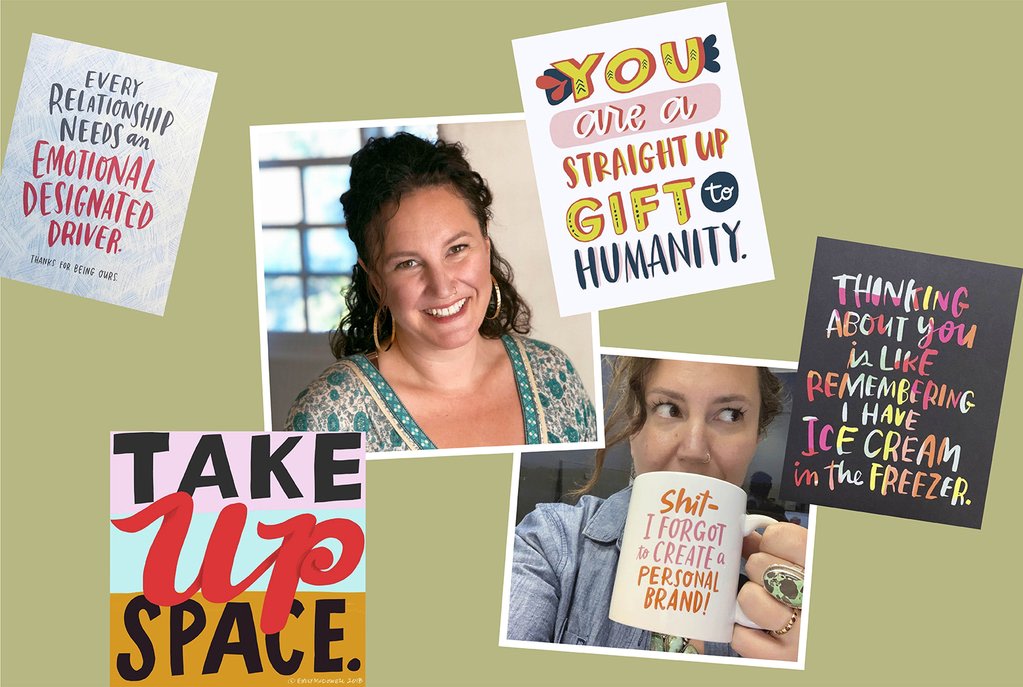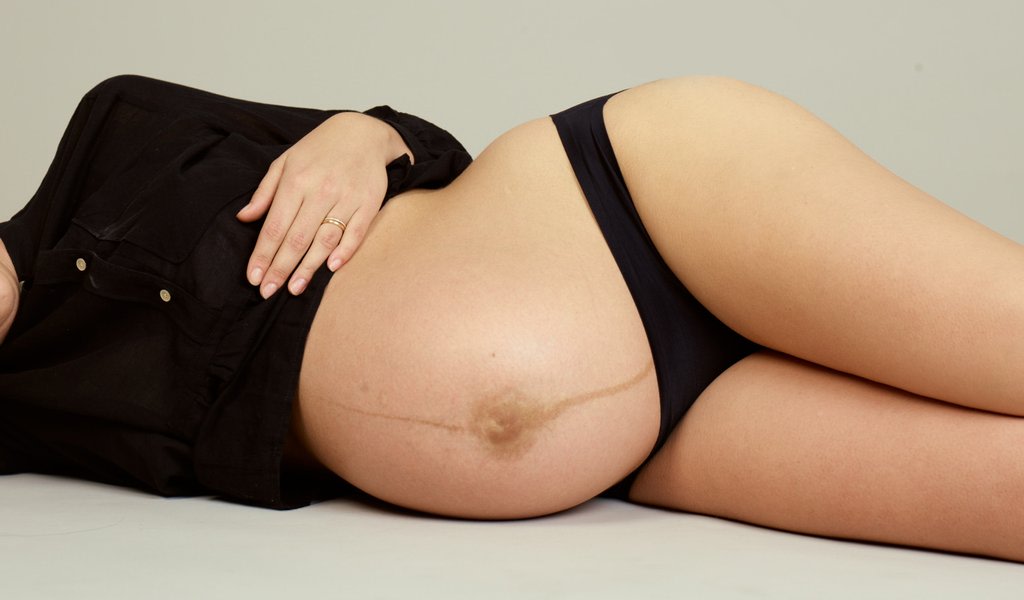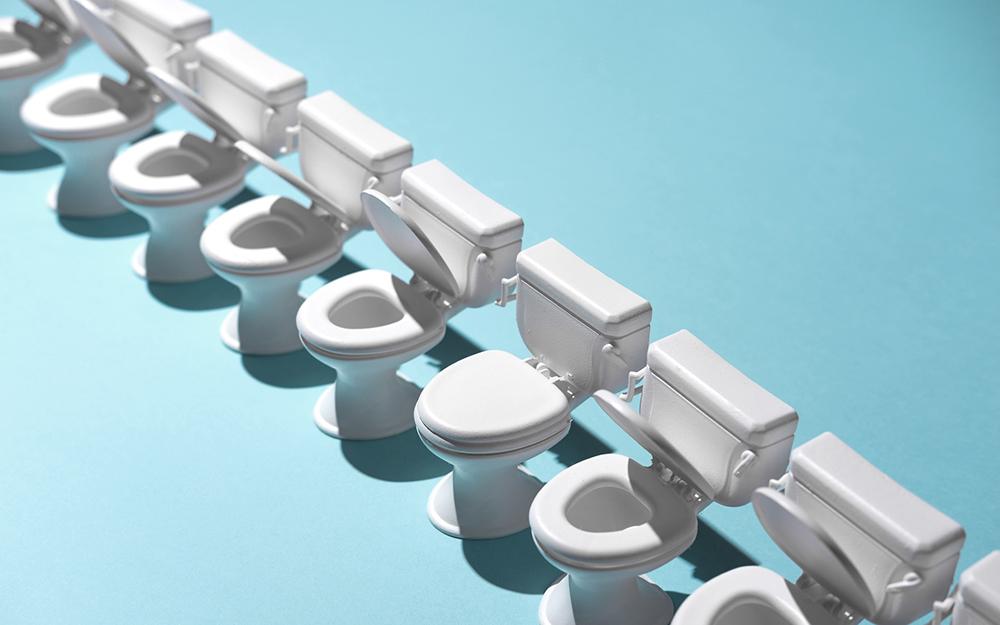Foreword
Sign up to stay in the loop on new styles and sales!
Allison Behringer Is Changing How We Talk About Bodies

by Team Thinx
A few months ago, I discovered a podcast called Bodies, and ever since I’ve been telling everyone I know that they should listen (including you). Every episode tells the story of one woman unraveling a medical mystery and *disclaimer,* you will very quickly realize that we don’t need to live through the exact same experiences to understand and learn from each other.
I’ve never dealt with any of the medical issues women share in the first season of Bodies, like the mysteries of menopause, difficult breastfeeding, or painful sex. In fact, I’ve never dealt with any serious health issues at all (*aggressively knocks on wood*), but I’ve still learned the hard way that the healthcare system isn’t set up to address women’s health (and our pain) — especially when the solutions aren’t obvious. Bodies reminded me that sharing our stories is one of the most important ways women can support each other, and host and creator Allison Behringer is building a community where we can do just that. She has a lot to say about women’s health, and she’s learned much of it from the experts: Fellow women.
What compelled you to create Bodies**?**
Allison Behringer: A few years ago, sex suddenly became painful and I couldn’t figure out why. Through another woman telling me her story and one wonderful doctor, I eventually discovered that it was because of the birth control pill. For a long time, I didn’t tell many people about it — I think I still carried a lot of shame, even after treatment. But slowly, I started sharing with friends and decided I wanted to create an audio story about my experience. And then, the more I started talking about it, the more other women started sharing stories with me — about painful sex, or birth control, or just about the whole myriad of experiences that come with having a woman’s body. Then it occurred to me: This isn’t just a one-off episode about my story. This should be a whole podcast.
Is there anything unexpected you’ve learned**?**
AB: I’ve learned so much. The season features the stories of just six women, but I’ve probably spoken to at least 60 women and read emails from another 60. One trend in many of the stories is that oftentimes the person’s health declines during or right after a period of high stress. There are a lot of studies about the impact of stress on our health, and I’ve seen that in my reporting as well.
When I first started this project, a lot of people asked me how I was planning to get people to divulge their most personal medical stories. What I’ve found is that people really want to share their stories, and are motivated to share knowledge, so that other people don’t need to go through the same pain that they did to find answers and healing.
So many women can benefit from pelvic floor PT, but don’t fully understand what it is. In the first episode of Bodies**, you mention your experience with it. Were you skeptical at first?**
AB: As a lifelong athlete, I had gone through plenty of physical therapy, but when my doctor told me I would need pelvic floor physical therapy, I had never heard of it. In my case, my doctor explained that this would be internal (vaginal) therapy. I was nervous at my first appointment, but the PT explained what she was doing and, for me, it really helped to understand my anatomy. The pelvic floor is just another (very important) mass of muscle, tissue, and ligaments that needs stretching, strengthening, and massage to work properly!
What advice do you have for women navigating medical mysteries or misdiagnosis?
AB: We need to work on a systemic level to advocate for things like policy change, universal healthcare, and changes in medical education. On an individual level, one thing you can do to feel more empowered at the doctor’s office is to go in with two lists. First, a list with all the dates and details of your pain/problem. (When did it start? What makes is better? What makes it worse? Do the patterns map to your cycle?) Second, a list with your questions for the doctor, and room on the page to take notes.
Another piece of advice is to talk about it (The Bodies Facebook group is a good starting point)! As scary as it is, sharing your problem with trusted friends and family can be an extremely valuable and important way to understand your body and get answers. In the tradition of “Our Bodies, Ourselves,” I’m a huge believer in the power of collective knowledge through storytelling.
Bodies is ramping up for a second season and Allison is hard at work developing more ways for women to connect with each other (plus finding a little time to rest and relax in between). In the meantime, you can join the Bodies community on Facebook, and stay connected on Twitter and Instagram for all things women’s health and storytelling. You can also follow Allison’s personal accounts on Twitter and Instagram.
Have you navigated a medical mystery? Tell us what got you through it in the comments.
Posted: July 31, 2019
Related Articles
Sign up to stay in the loop on new styles and sales!


